Hyaluronic Acid Is Everywhere, But It's Useless Unless You Know These 3 Things


Hyaluronic acid (HA) is one of the most well-known skincare ingredients. Renowned for its hydrating and plumping powers, it's famously said to hold up to 1000 times its weight in water, which is why it's found in so many beauty products. There are HA serums, moisturizers, masks, and even hair products.
What a lot of people don't realize is that hyaluronic acid can be rendered ineffective by user error. And, yes, user error is a real thing. It might seem like you can simply pat on an HA product and head out the door, but the truth is that it's a bit more complicated than that. To ensure that your skin is hydrated, you need to know three specific things. If you don't, you could inadvertently dry out your skin. Yep. Keep scrolling to get the 411 from top dermatologists.
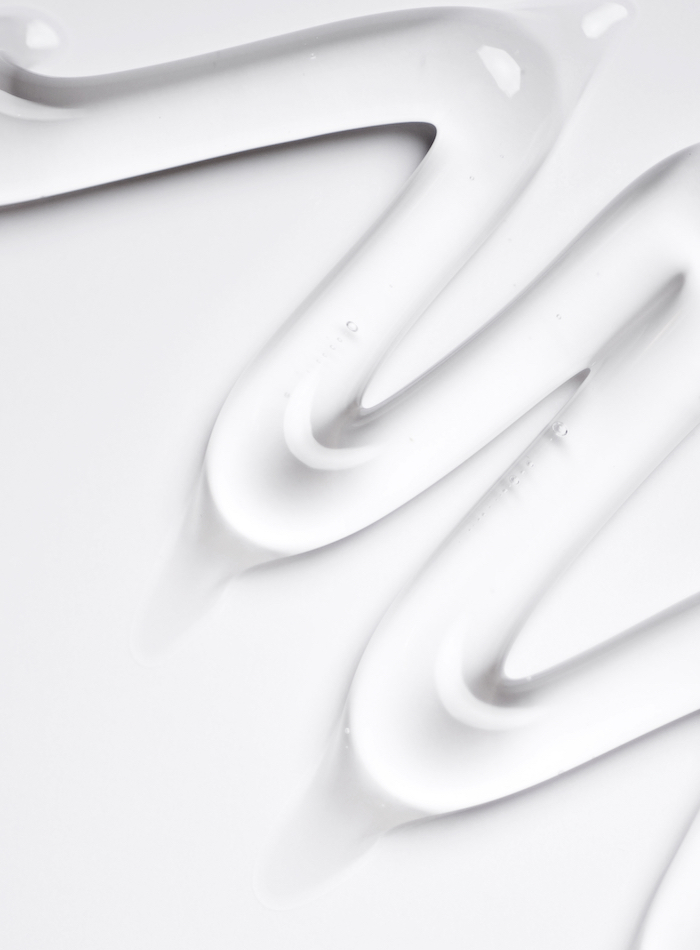
What Is Hyaluronic Acid?
Noelani González, MD, is a clinical instructor at Mount Sinai Hospital and the founder and director of Seren Dermatology & Aesthetics. She says HA is found naturally in the skin, and it attracts and binds to water molecules. "It can absorb up to 1000 times its weight in water, making it very effective in hydrating and plumping the skin. The hyaluronic acid we see in products is lab-derived and works the same way by attracting water to it and plumping our skin," she says.
Here's the thing, though. González says that most HA products are light in texture, which means you need to apply them to your skin at a specific point in your routine. "A good rule of thumb is to apply your skincare from lightest to thickest," she advises, "so it should be one of your first steps after you cleanse your face, while it's still damp, and then continue with the rest of your skincare regimen."
Tip #1: Hyaluronic acid should be applied to damp skin—not dry skin.
"Damp" is the key word there. You want to make sure you're applying HA to damp skin—not dry skin! Take it from Suchismita (Tia) Paul, MD, FAAD, a dermatologist and the founder of Balanced Skin Dermatology and Aesthetics. "HA works best when applied to slightly damp skin, as it helps to attract and hold on to water," she says. "Applying HA to damp skin can enhance its hydrating effects. Since HA is a humectant, it draws moisture from its surroundings."

What Skin Types Is It Best Suited For?
Although it's suitable for all skin types, including sensitive skin, Paul says it's "particularly beneficial for dry, dehydrated, and aging skin due to its hydrating and plumping properties." The only time you should avoid it is if you (no surprise here) have a rare sensitivity to HA. "Individuals with extremely sensitive skin or those who have had reactions to HA products in the past should perform a patch test first," she says.
González agrees. "That's the beauty of hyaluronic acid," she says. "Anyone can use this ingredient." She recommends using it twice a day, every day to see the best results in skin hydration.
Tip #2: Hyaluronic acid should be locked in with an occlusive, like a moisturizer. If it's not, your skin can experience water loss.
Just be sure to lock hyaluronic acid into your skin with an occlusive product, like a moisturizer. If you don't, you run the risk of actually dehydrating your skin through a process called transepidermal water loss (TEWL). That's when the air in a dry environment, such as an airplane cabin, pulls moisture from the skin. "Layering an occlusive or a good moisturizer over HA is generally recommended," Paul says. "While HA draws moisture into the skin, without an occlusive layer, this moisture can evaporate, potentially leading to dehydration of the skin. The occlusive helps to lock in the moisture and enhance the hydrating benefits of HA."
González agrees. "It does work best when it's used with a cream on top, and that's because a cream layered on top with ingredients like ceramide or glycerin will help seal the skin's barrier and prevent any water loss," she says.
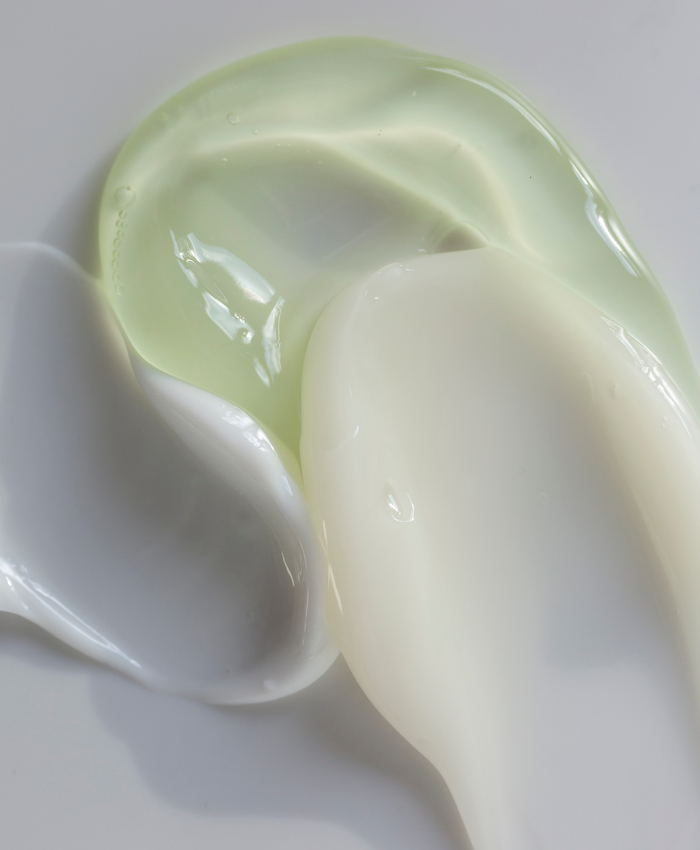
Are There Any Other Benefits of HA Aside from Hydration?
Scroll through social media, and you'll see countless people claim that HA is inherently anti-aging. But what do the dermatologists say? Both Paul and González say there's some real truth to it. "While HA is primarily known for its hydrating properties, it also has anti-aging benefits due to its ability to plump and smooth the skin, reducing the appearance of fine lines and wrinkles," Paul says. "It helps to maintain skin elasticity and firmness."

What Kind of HA Is Best?
If you're familiar with HA, you probably know that there are different molecular weights to choose from. It might sound overly scientific and specific, especially for an average consumer to contend with, but both dermatologists say it's worthy of your attention. Take it from González, who says, "Our skin barrier is meant to keep things out of our skin, and so the weights and sizes of molecules and ingredients do matter because if they're not the appropriate weight and size, they can't penetrate our skin and give us good results. Hyaluronic acid is usually absorbed easily, but lower molecular weights penetrate deeper than larger weights. The ideal product will have different types of sizes of hyaluronic acid so they can penetrate and act throughout the different layers."
Tip #3: Hyaluronic acid is available in different molecular weights, which affects its ability to penetrate the skin. Look for a product that combines multiple weights of HA for the best results.
Paul seconds this, saying, "The molecular weight of HA matters because it affects the molecule's ability to penetrate the skin." High molecular weight (HMW) means the HA molecules are larger and stay on the surface of the skin, which provides a superficial hydration and barrier-supporting effect. Low molecular weight (LMW), on the other hand, refers to HA molecules that are smaller and can penetrate deeper into the skin. This kind of HA provides longer-lasting hydration and anti-aging benefits. "Oligo-HA has an ultra-low molecular weight that penetrates the deepest, providing intensive hydration and helping to stimulate collagen production," Paul says. "For comprehensive benefits, look for products that contain a combination of different molecular weights of HA."
The Best Hyaluronic Acid Skincare Products
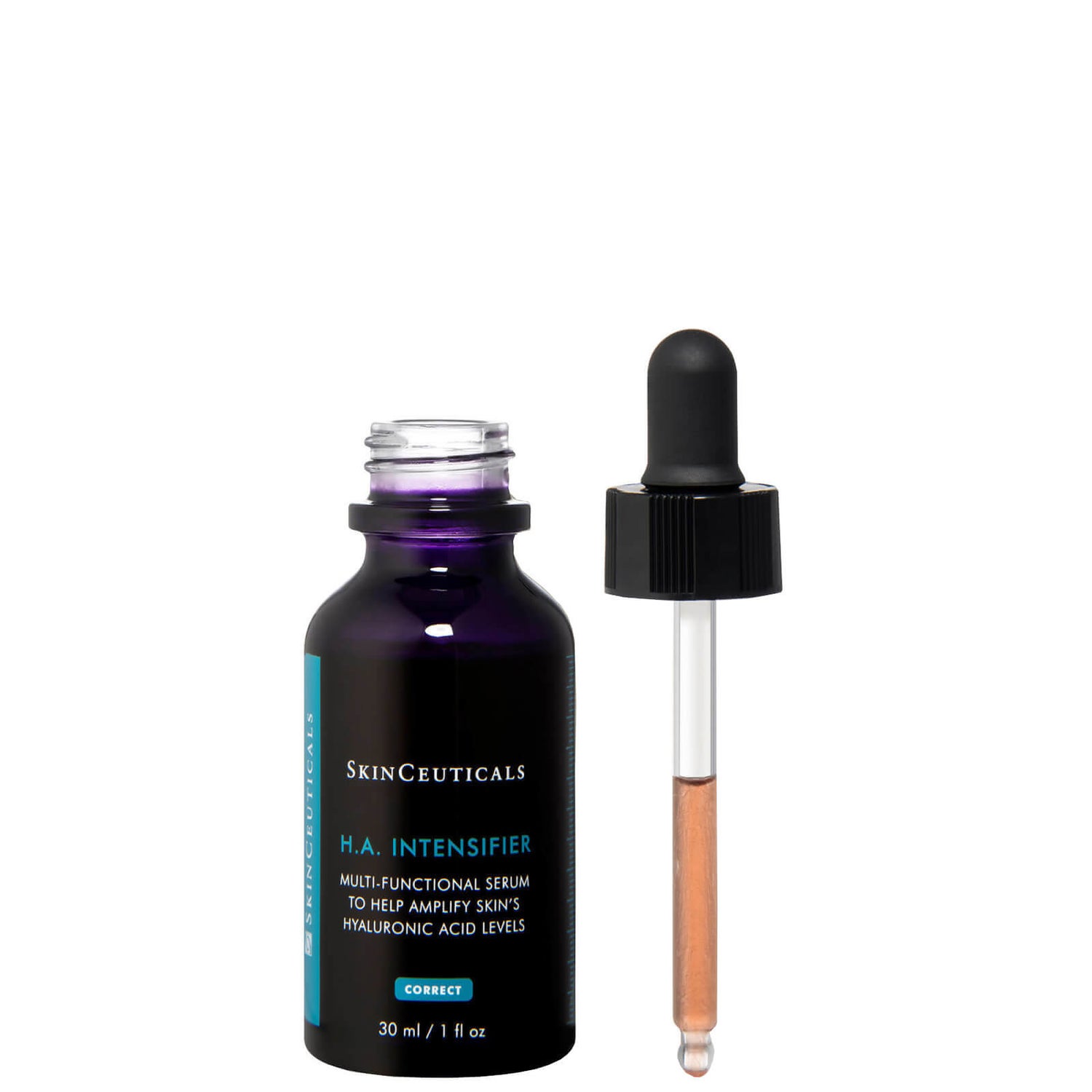
We recently crowned this as the best HA serum out of hundreds we tested because of its potent skin-hydrating and plumping benefits. It also comes highly recommended by González since it "has a high concentration of pure hyaluronic acids and botanical extracts, which helps increase hyaluronic acid levels in the skin."
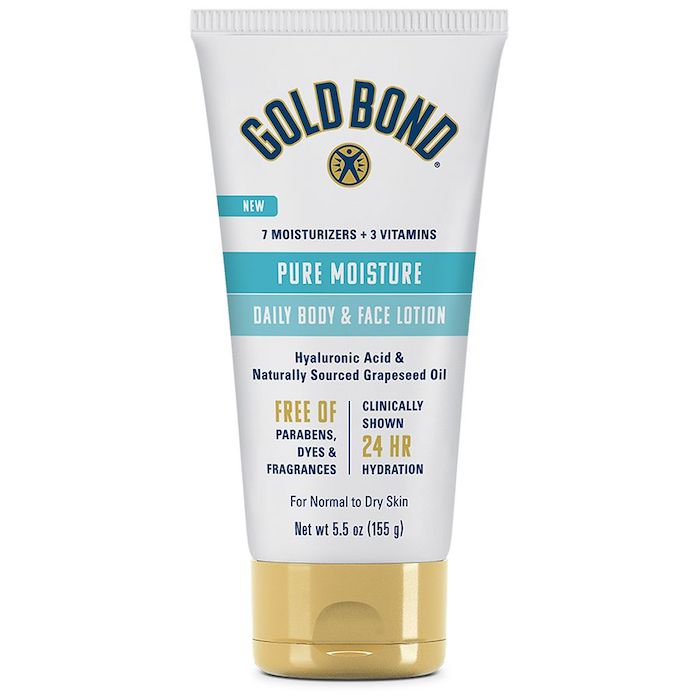
Paul recommends this budget-friendly face-and-body lotion because it "contains hyaluronic acid to help attract and retain moisture, plus naturally sourced grape-seed oil to help lock in moisture."
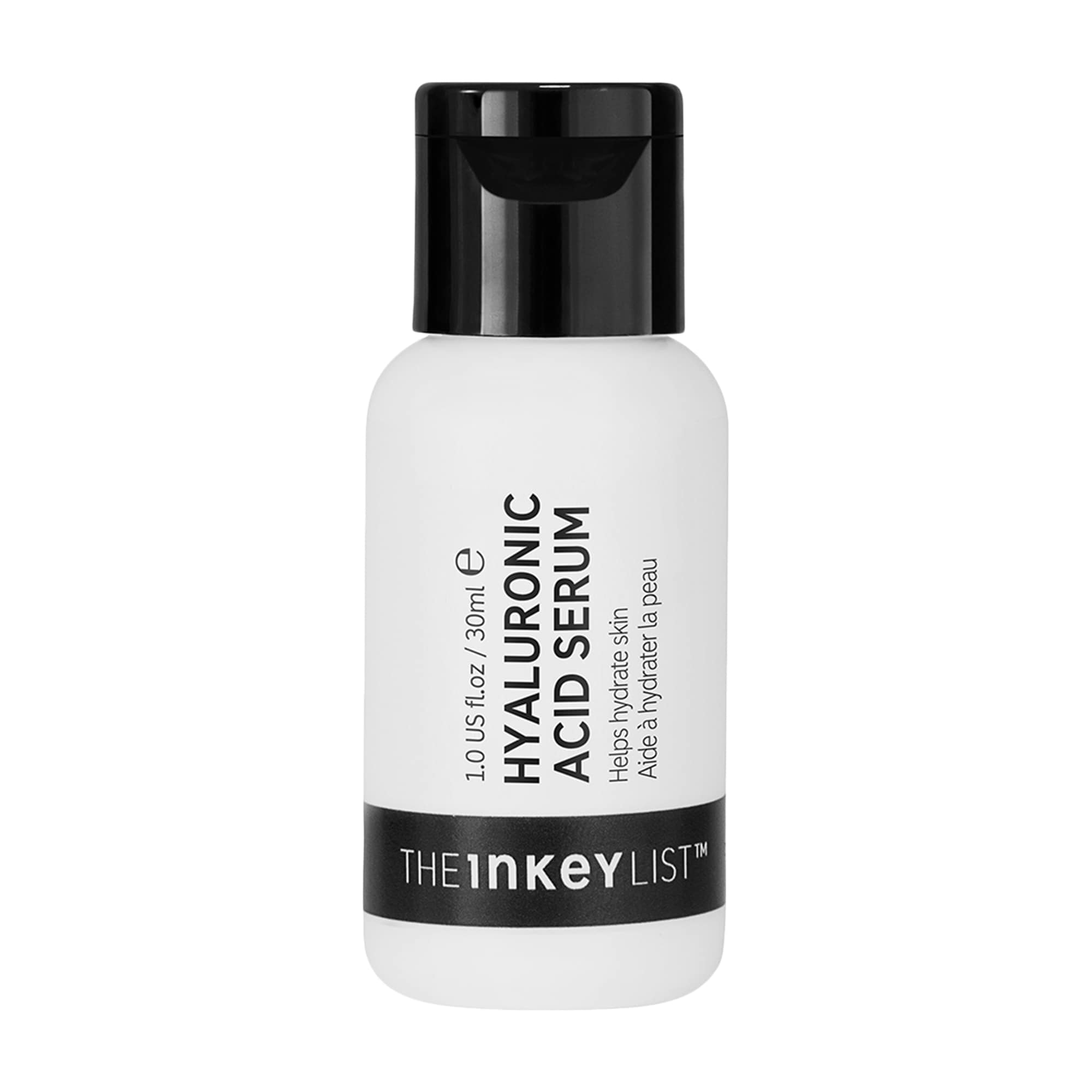
Another Who What Wear favorite, this budget-friendly serum features 2% multimolecular hyaluronic acid and peptides. Together, these hydrate and plump the skin, smoothing its overall appearance.
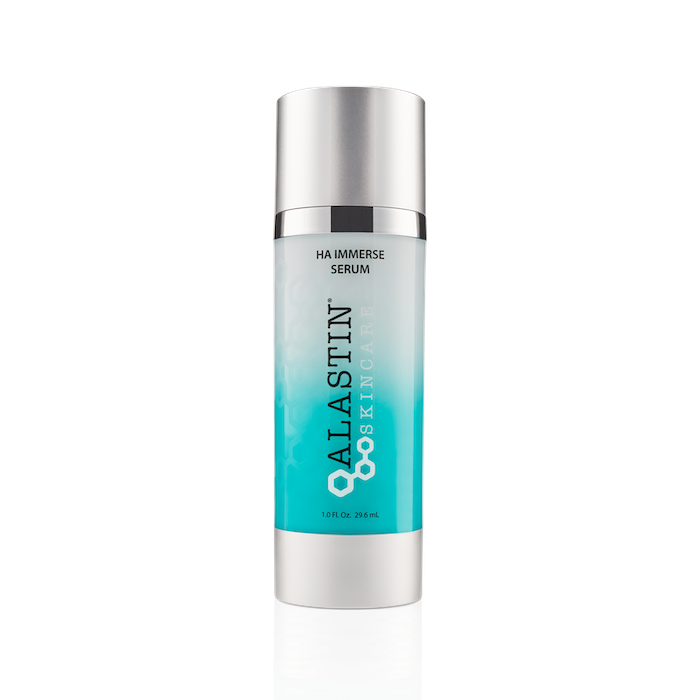
It's clear to see why González recommends this HA serum. She says, "It has a proprietary peptide that helps the skin increase its own hyaluronic acid levels." How cool is that?
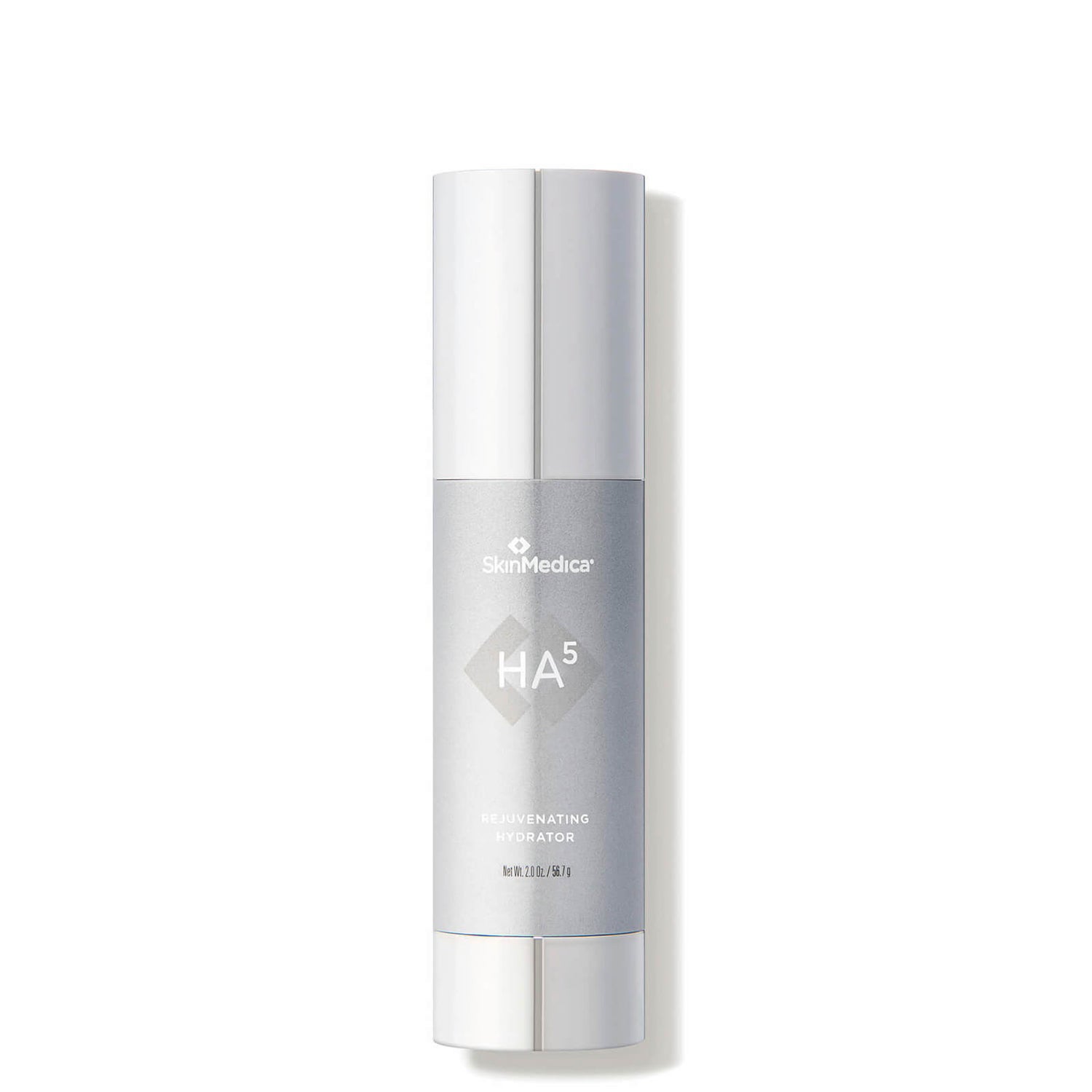
Another recommendation from González, this medical-grade HA serum is undoubtedly effective. "It has five different types of HA molecules, as well as antioxidants and peptides to hydrate and brighten the skin," she says.
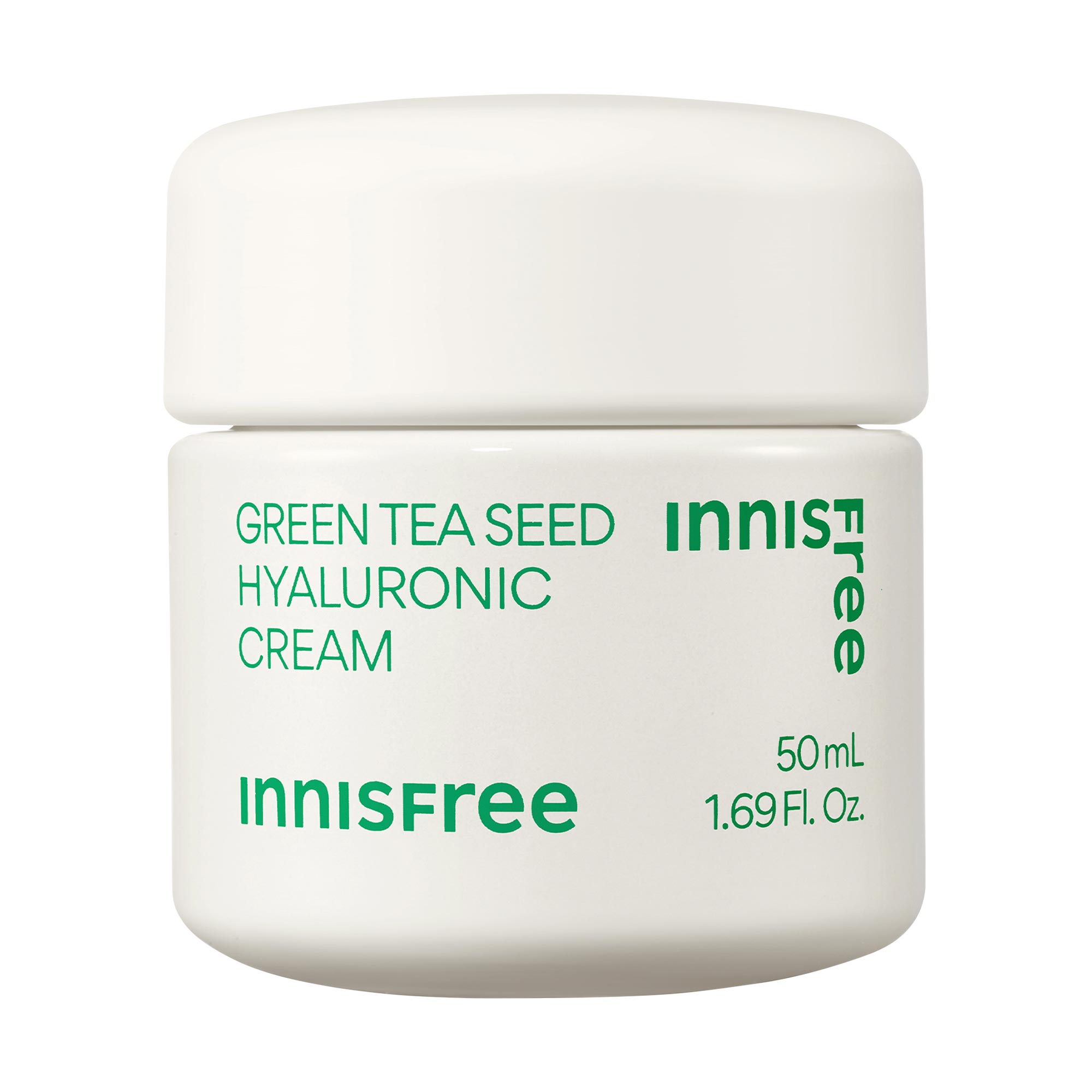
This effective formula features five types of HA, antioxidant-rich green tea, and skin-strengthening ceramides. It has everything I could ask for from a moisturizer.
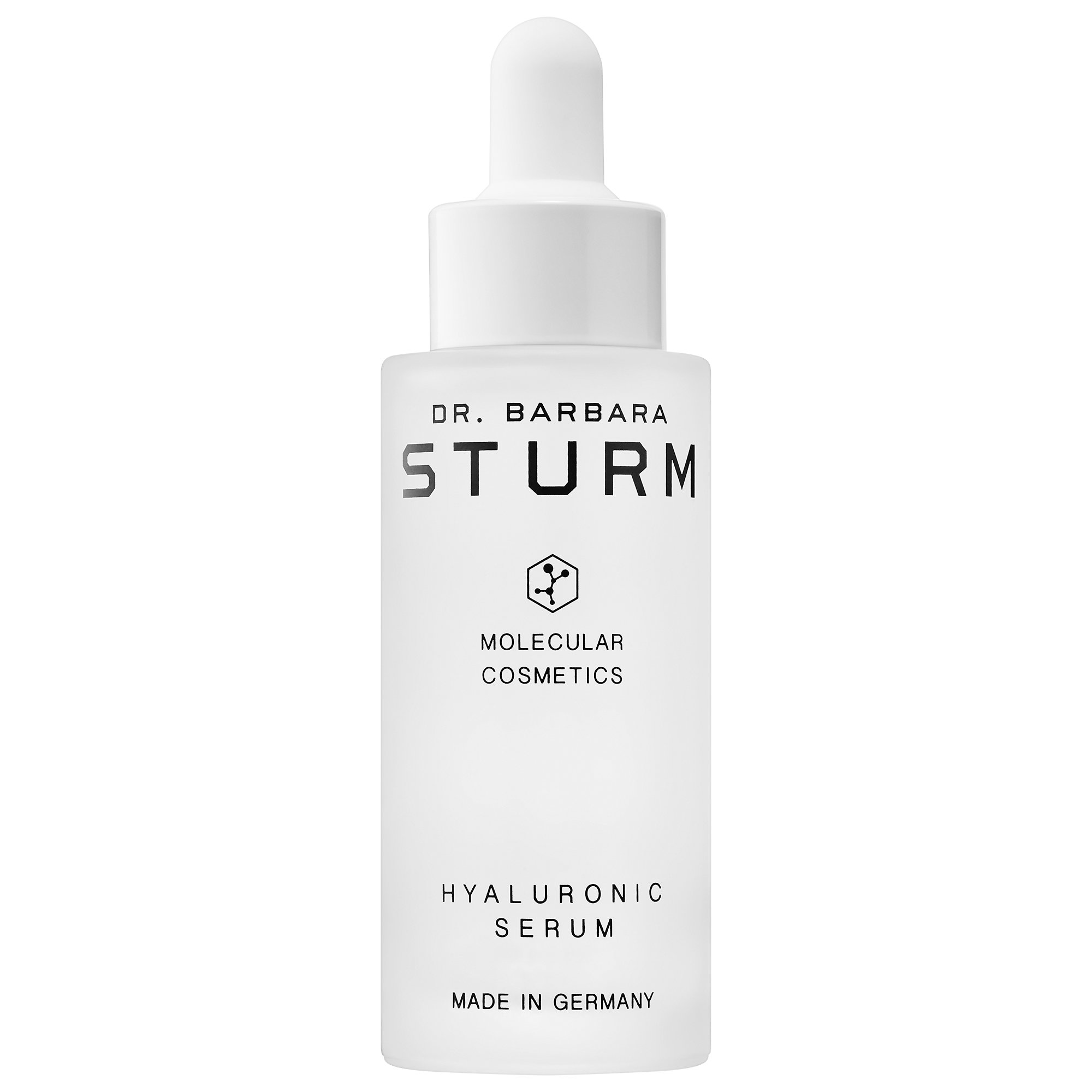
Yes, this HA serum is incredibly expensive, but there's a reason so many editors, influencers, and celebs say it's the gold standard. It has an optimal concentration of low and high weighted hyaluronic acid molecules that bind moisture to the skin.
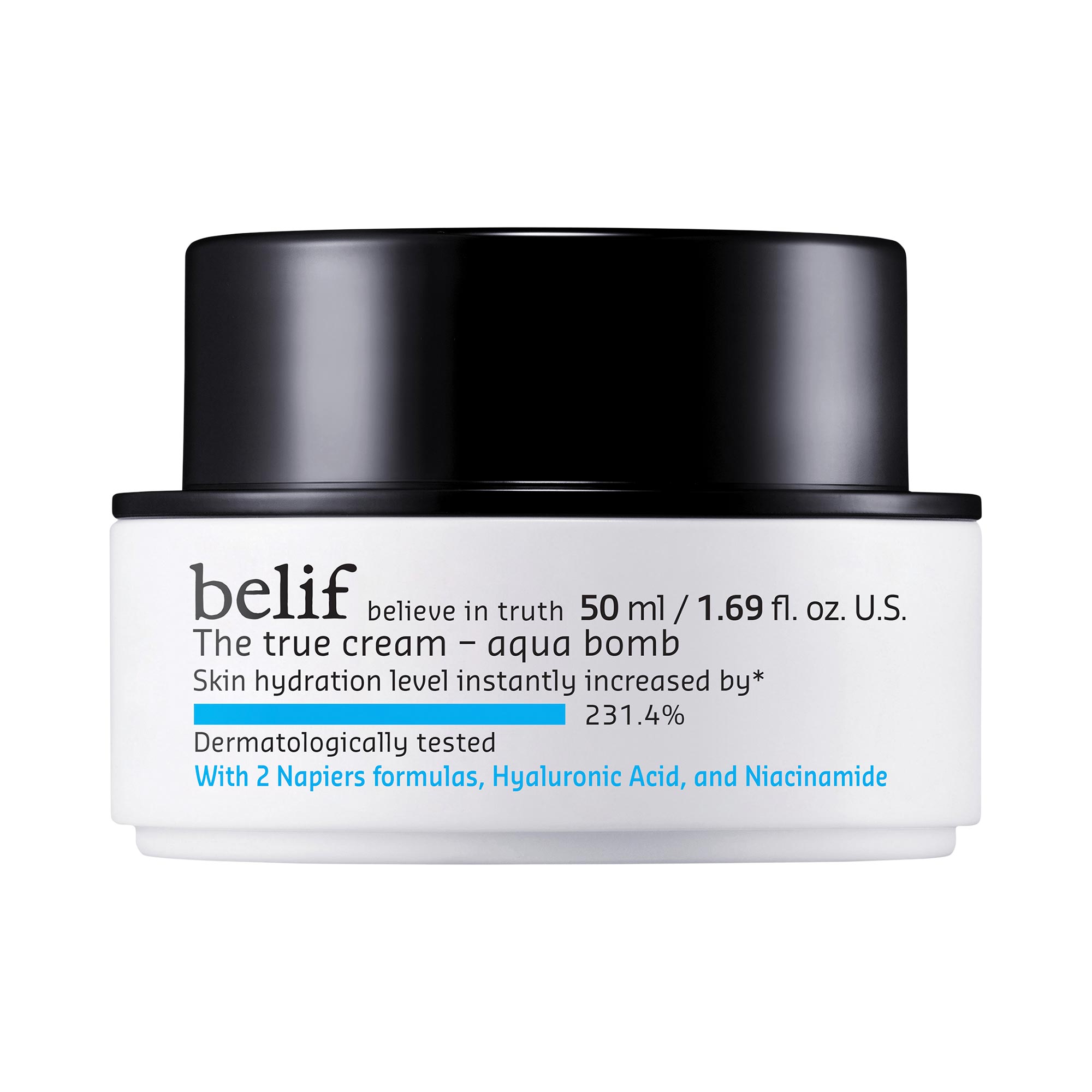
An icon, this skin-drenching moisturizer contains HA, niacinamide, and herbal extracts.
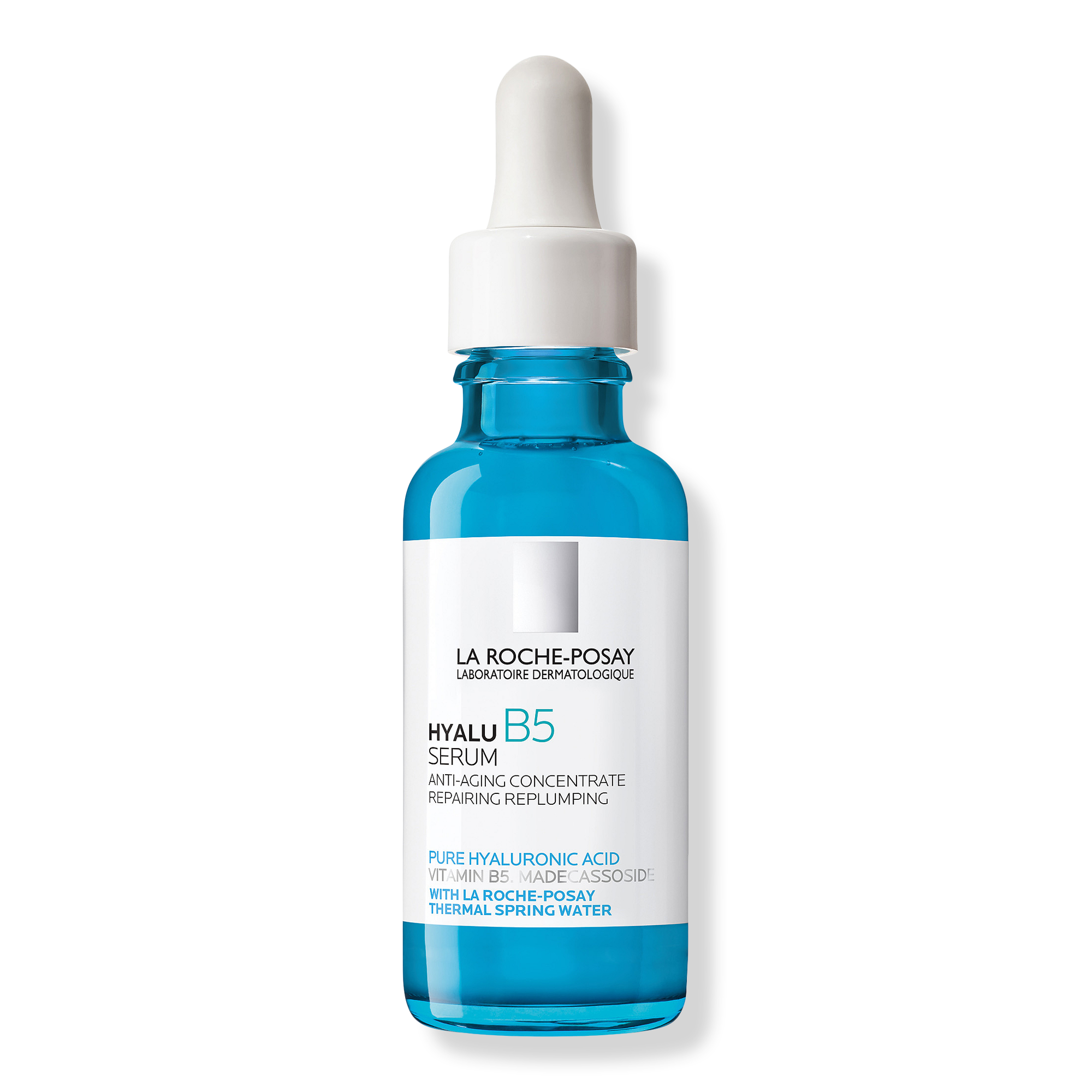
Since this HA serum is allergy- and dermatologist-tested, you can rest assured it won't cause any excess irritation for sensitive skin types. In fact, it's incredibly gentle thanks to the addition of B5, which strengthens and supports the skin barrier. Maybe that's why González recommends it as a good option.
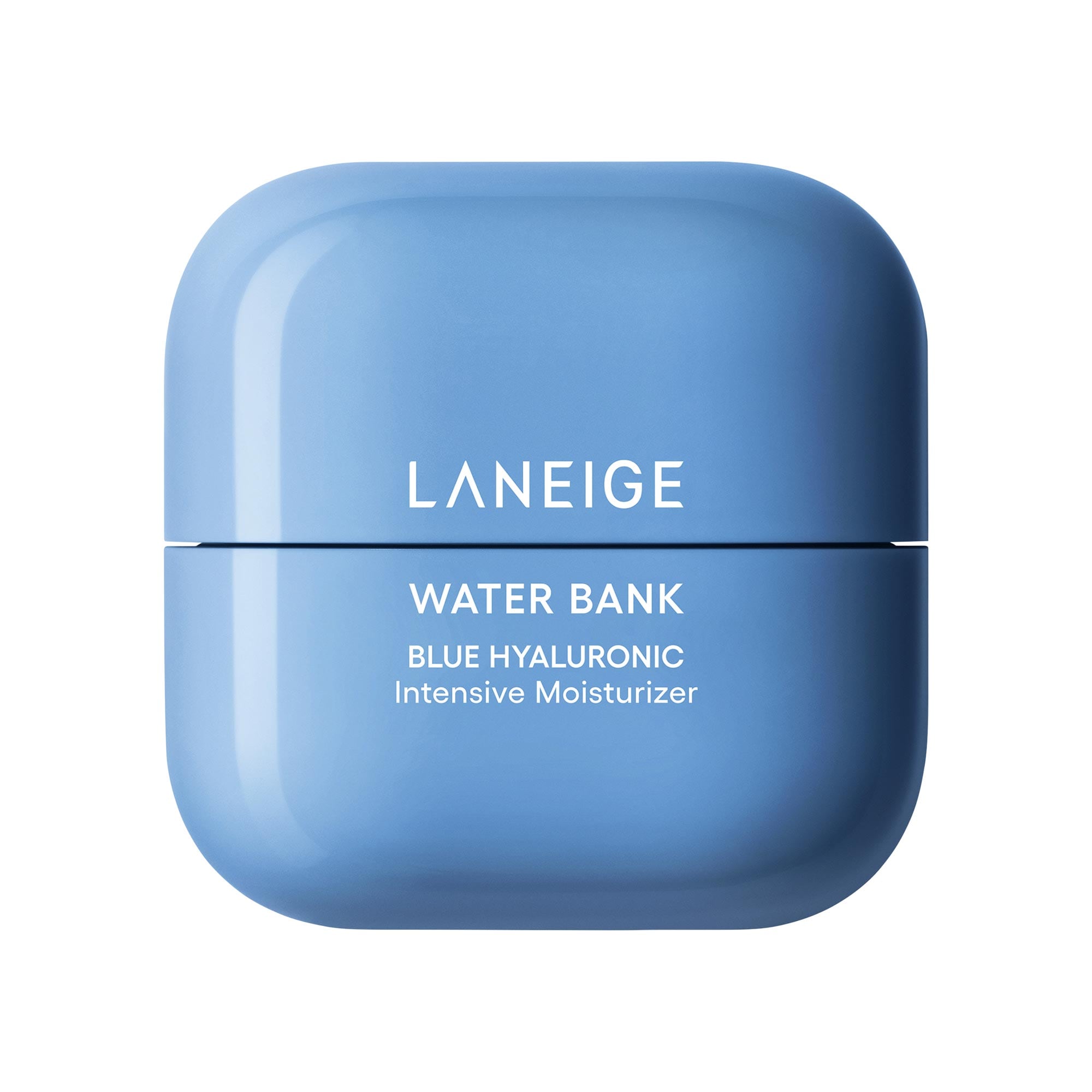
Equal parts rich and hydrating, this HA-spiked cream will quench dry skin. It will also firm it and strengthen it thanks to an omega peptide complex and squalane.
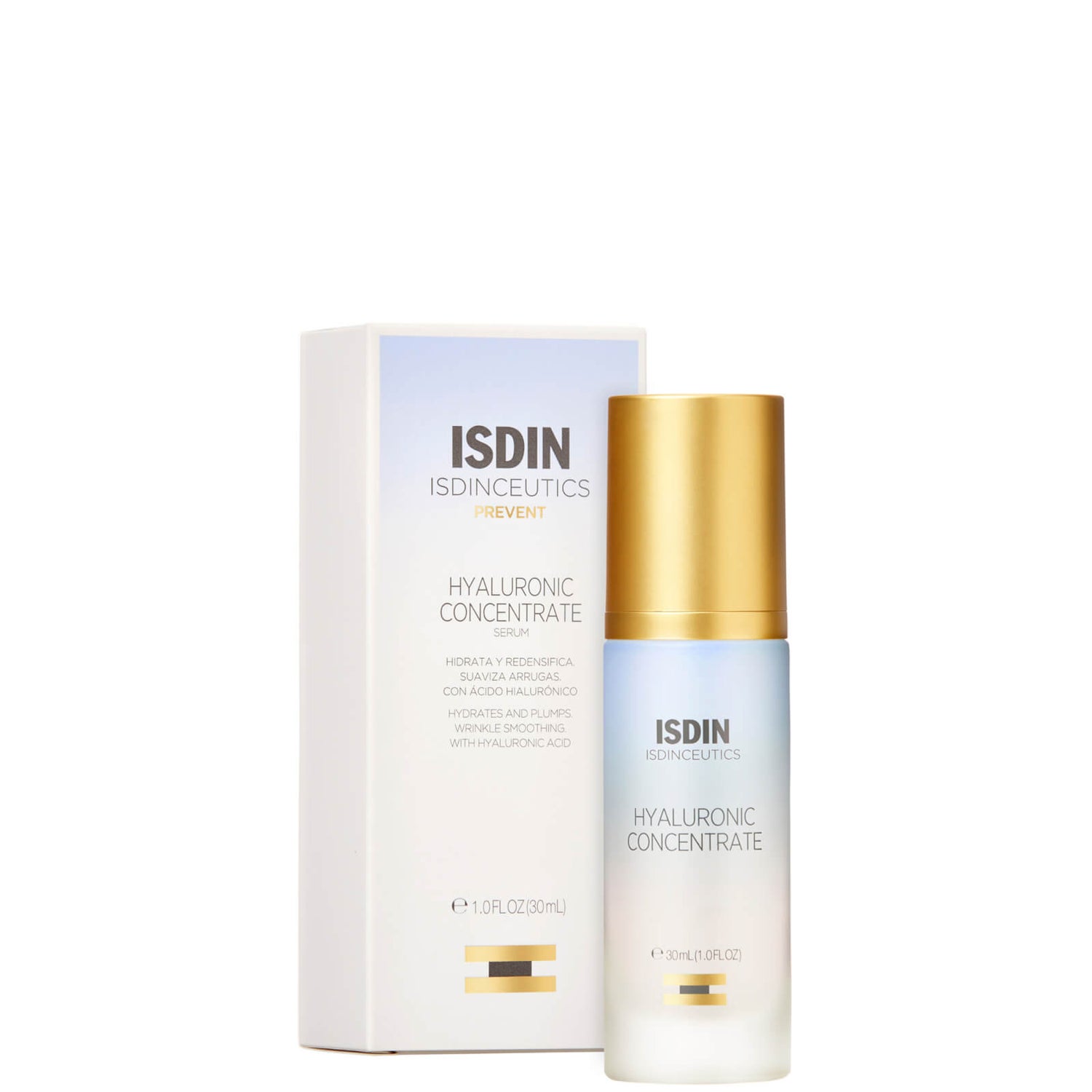
This was the runner-up for best HA serum, according to our editors. It has a light, creamy texture and does double duty by hydrating and firming the skin with marine-derived extracts and peptides.
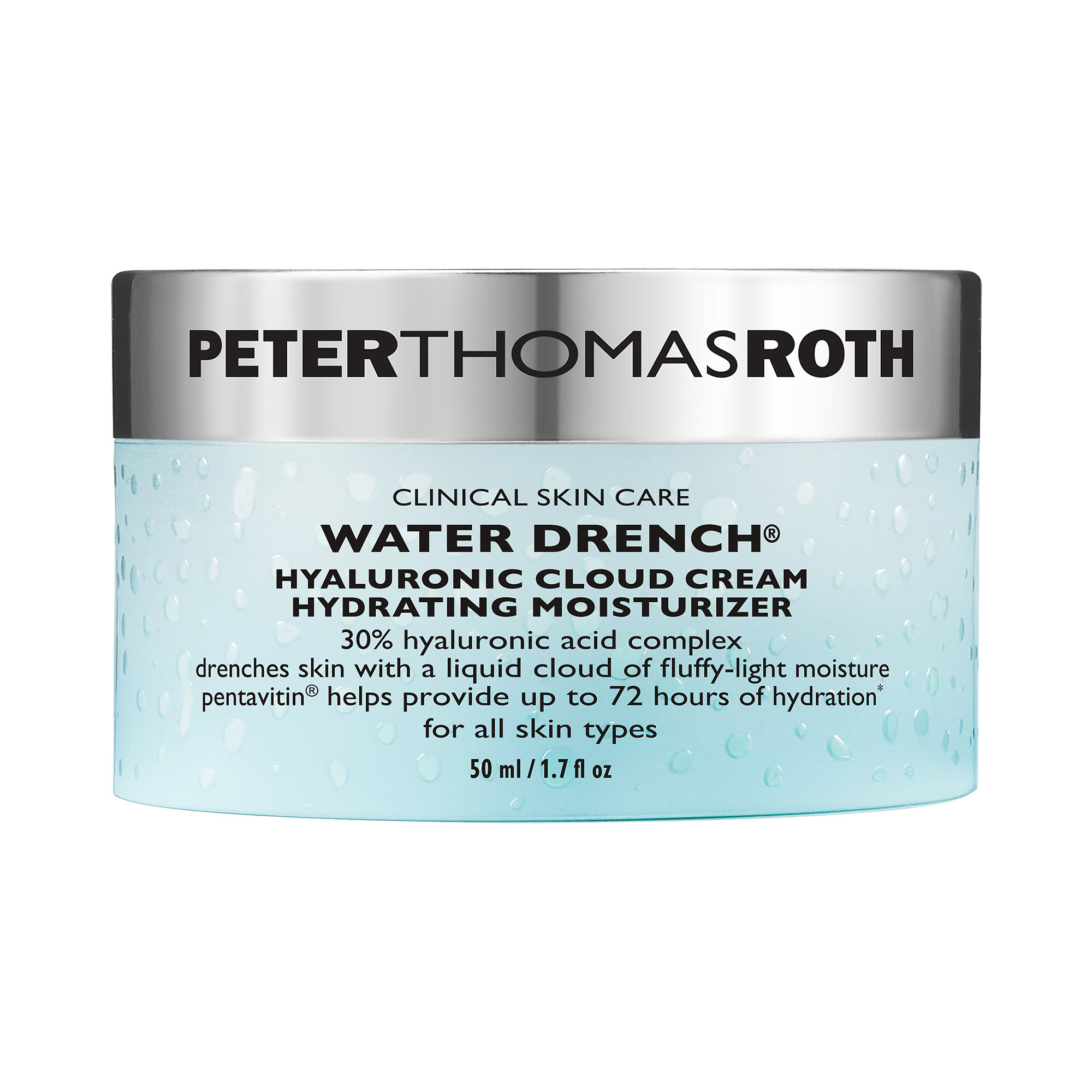
A whopping 30% HA complex makes this moisturizer ultra hydrating.
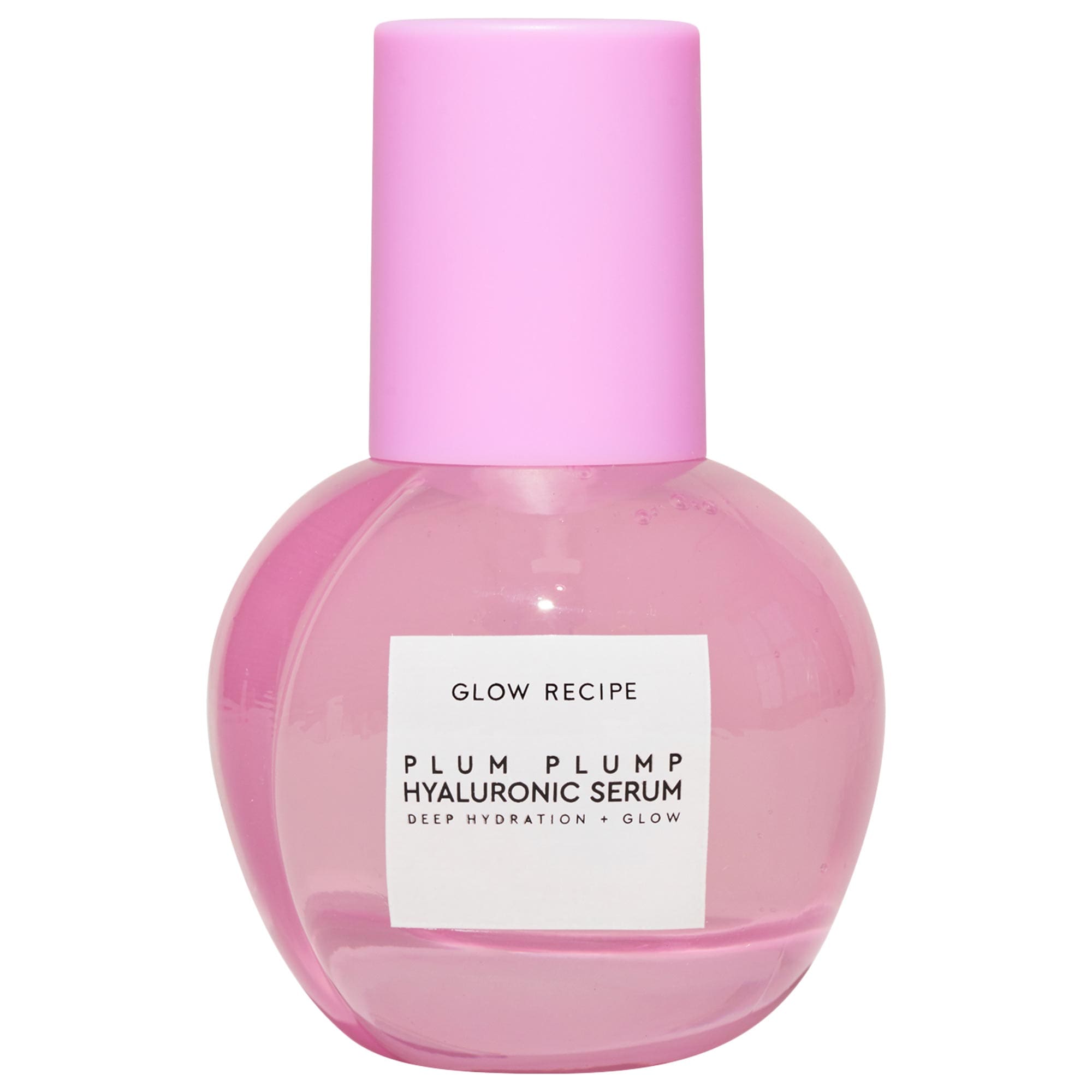
Not only is this HA serum incredibly cute in its plum-inspired packaging, but it contains five weights of hyaluronic acid that fill each skin layer with hydration.
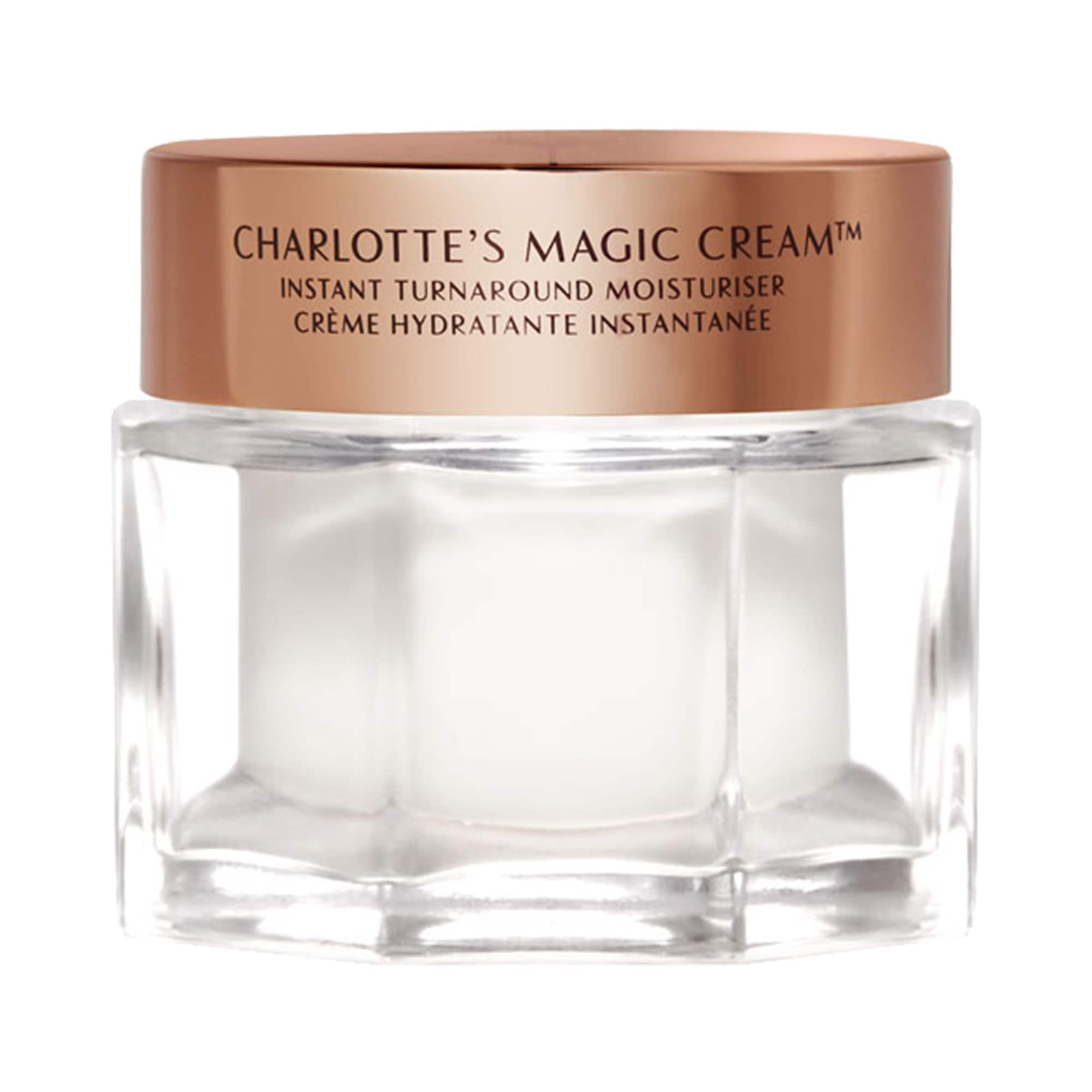
This HA moisturizer leaves the skin smooth and perfectly prepped for makeup.

Kaitlyn McLintock is a Beauty Editor at Who What Wear. She has 10 years of experience in the editorial industry, having previously written for other industry-leading publications, like Byrdie, InStyle, The Zoe Report, Bustle, and others. She covers all things beauty and wellness-related, but she has a special passion for creating skincare content (whether that's writing about an innovative in-office treatment, researching the benefits of a certain ingredient, or testing the latest and greatest at-home skin device). Having lived in Los Angeles, California, and Austin, Texas, she has since relocated back to her home state, Michigan. When she's not writing, researching, or testing beauty products, she's working through an ever-growing book collection or swimming in the Great Lakes.
-
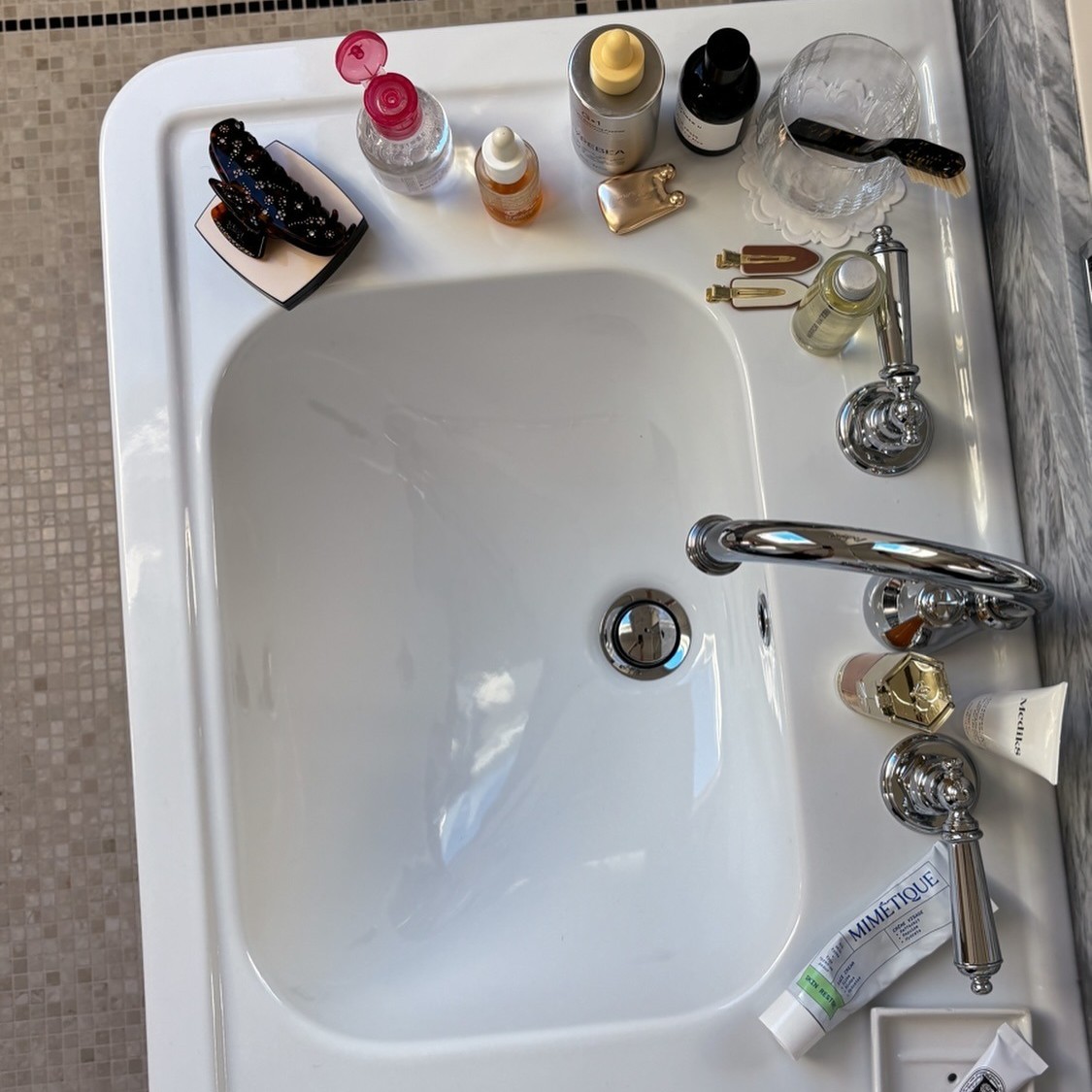 Derms and Beauty Editors (Hi, It's Me) Swear By This Straight-From-Nature Skin Hero That's DIY-Mask Approved
Derms and Beauty Editors (Hi, It's Me) Swear By This Straight-From-Nature Skin Hero That's DIY-Mask ApprovedThis is your sign to start slathering it on.
By Jamie Schneider
-
 Salma Hayek Pinault's Key to Youthful Skin? Moisturizer Sandwiches and This "Turkey Neck" Treatment
Salma Hayek Pinault's Key to Youthful Skin? Moisturizer Sandwiches and This "Turkey Neck" TreatmentNo retinol, no peels, and absolutely no injectables.
By Jamie Schneider
-
 My Sister and I Have Opposite Skin Types, But These Products *Magically* Work for Both of Us
My Sister and I Have Opposite Skin Types, But These Products *Magically* Work for Both of UsThese are our "unicorn" products.
By Kaitlyn McLintock
-
 Hailey Bieber Says She "Couldn't Live Without" This $12 French Pharmacy Cream
Hailey Bieber Says She "Couldn't Live Without" This $12 French Pharmacy CreamThat's it—I'm buying three.
By Kaitlyn McLintock
-
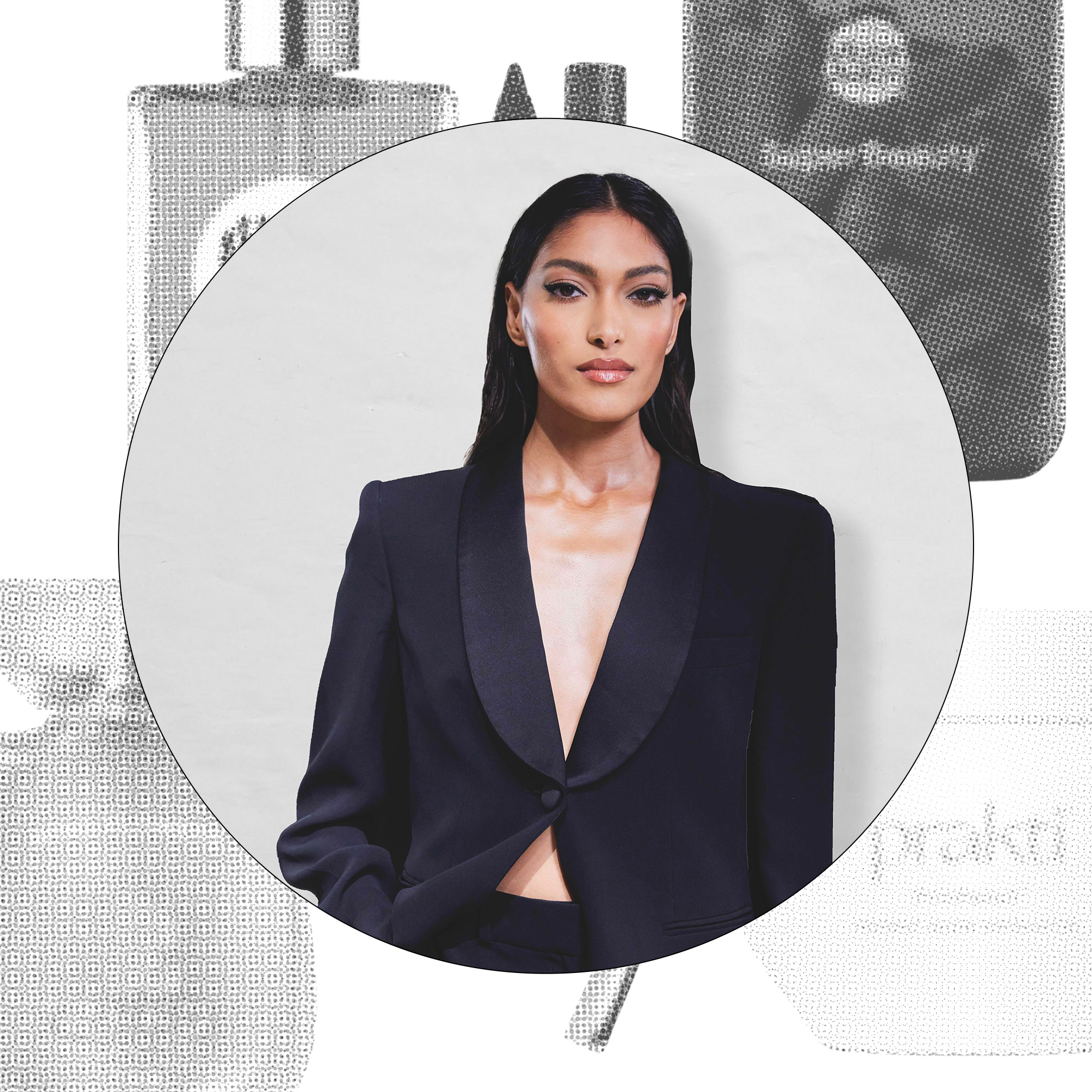 Model Pritika Swarup Has an Angel's Complexion, so I Asked for All Her Skin and Makeup Secrets
Model Pritika Swarup Has an Angel's Complexion, so I Asked for All Her Skin and Makeup SecretsHer must-haves for "runway-level radiance."
By Jamie Schneider
-
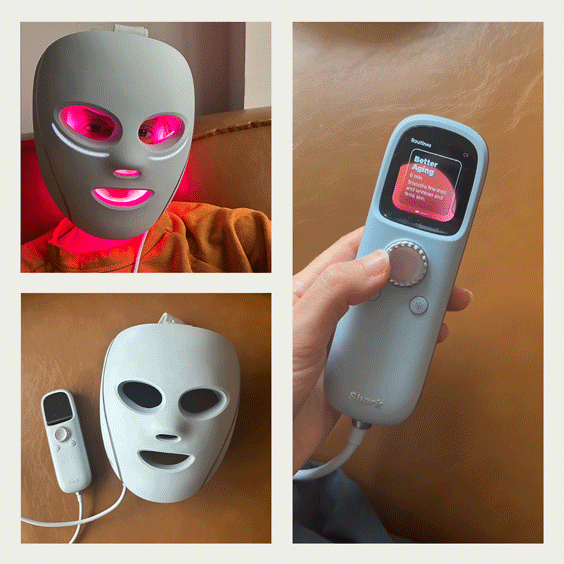 I've Tested $2850 Worth of LED Masks—Shark's New Model Is the One I'm Recommending to Friends
I've Tested $2850 Worth of LED Masks—Shark's New Model Is the One I'm Recommending to FriendsMy full review after wearing it for 67 days.
By Jamie Schneider
-
 I Want to Glow Like Gigi Hadid This Summer—Here's Patrick Ta's Product Prescription
I Want to Glow Like Gigi Hadid This Summer—Here's Patrick Ta's Product PrescriptionI trust him.
By Jamie Schneider
-
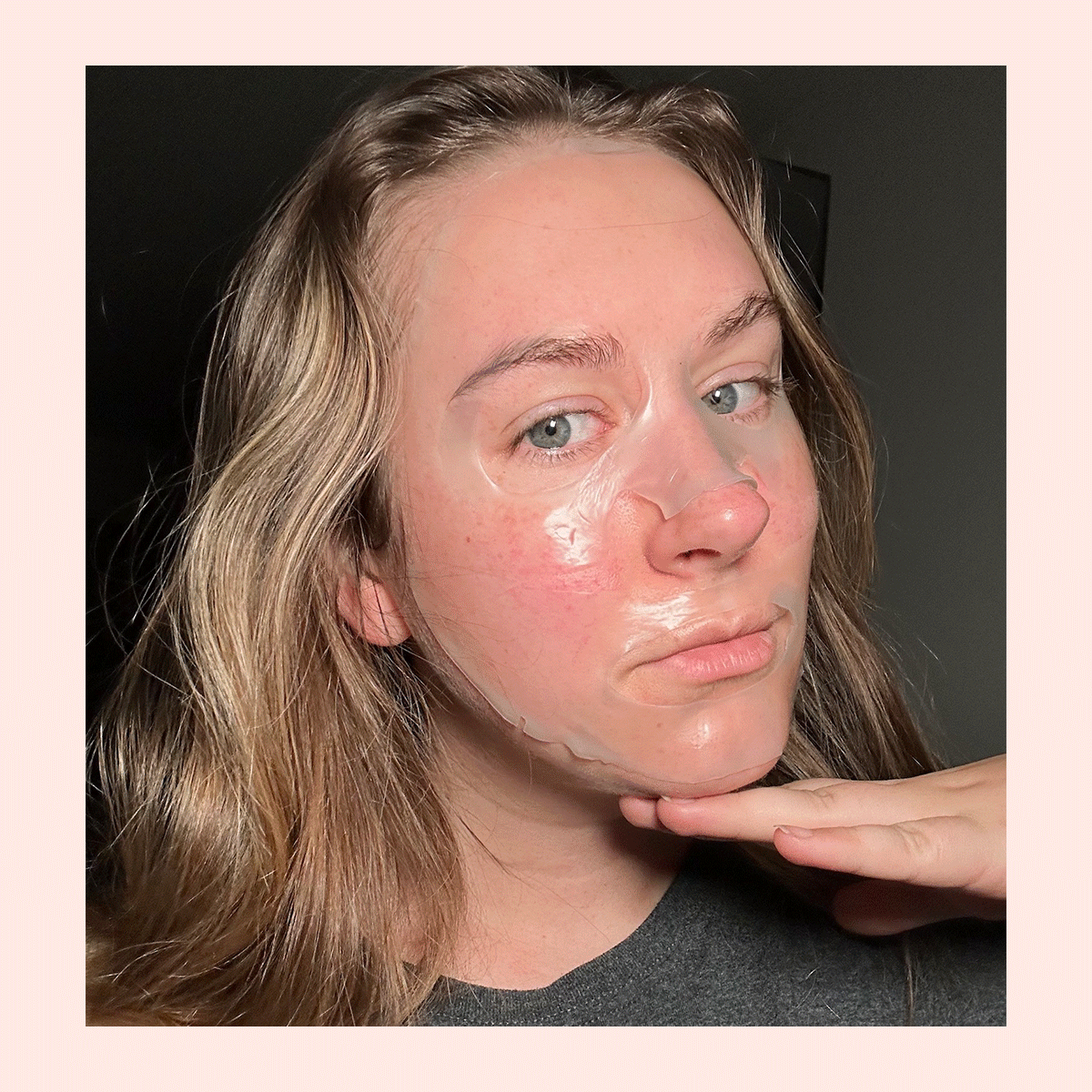 I Swear This Korean Collagen Mask Took 5 Years Off My Skin (and It's On Sale RN)
I Swear This Korean Collagen Mask Took 5 Years Off My Skin (and It's On Sale RN)I'm stocking up before it sells out (again).
By Kaitlyn McLintock
